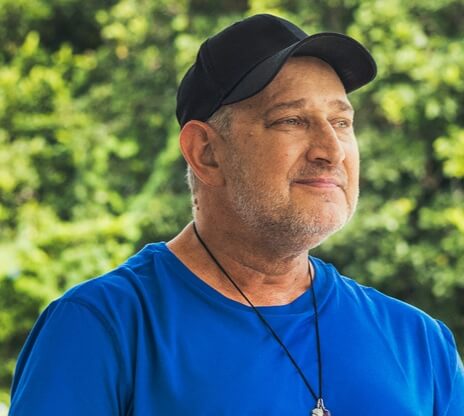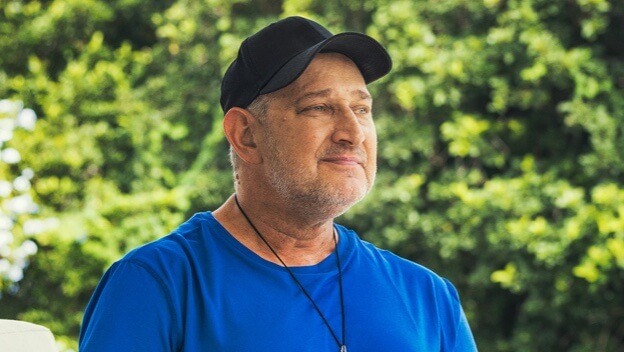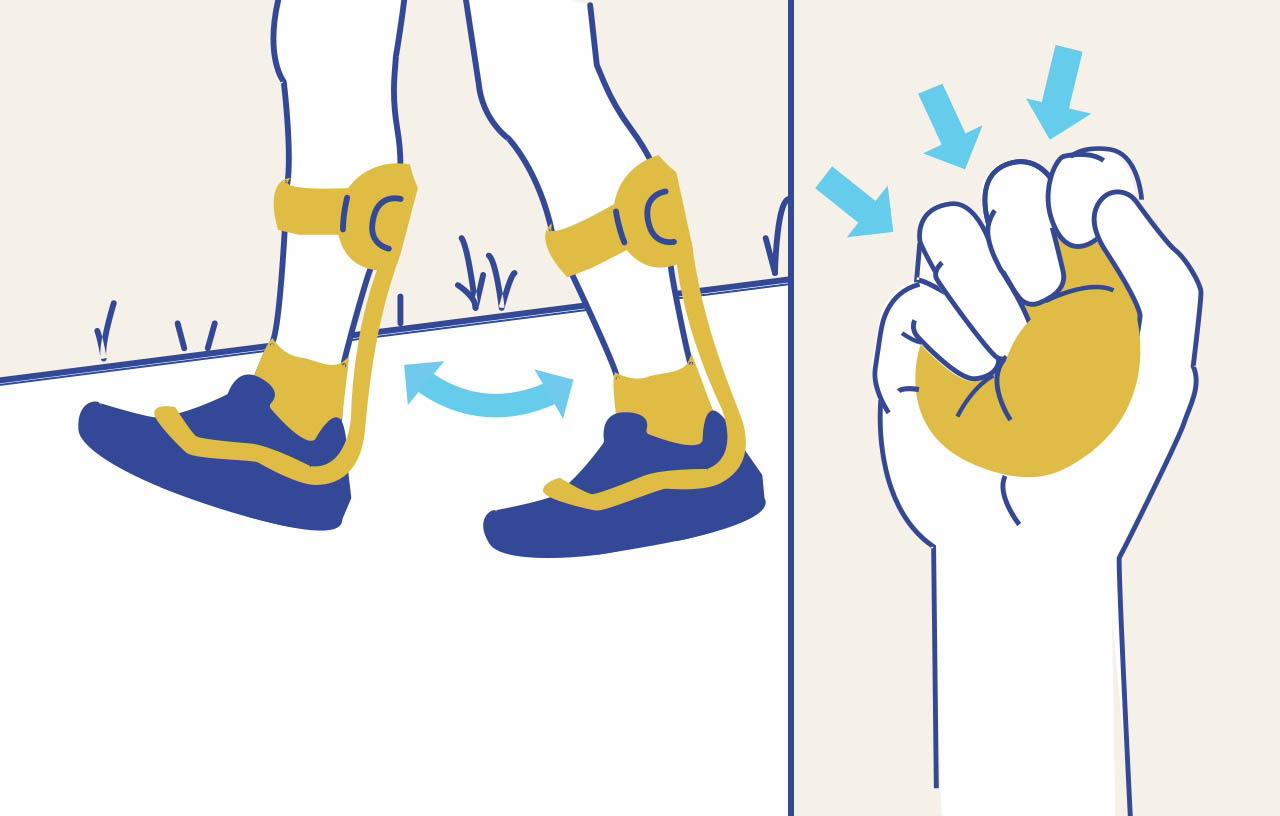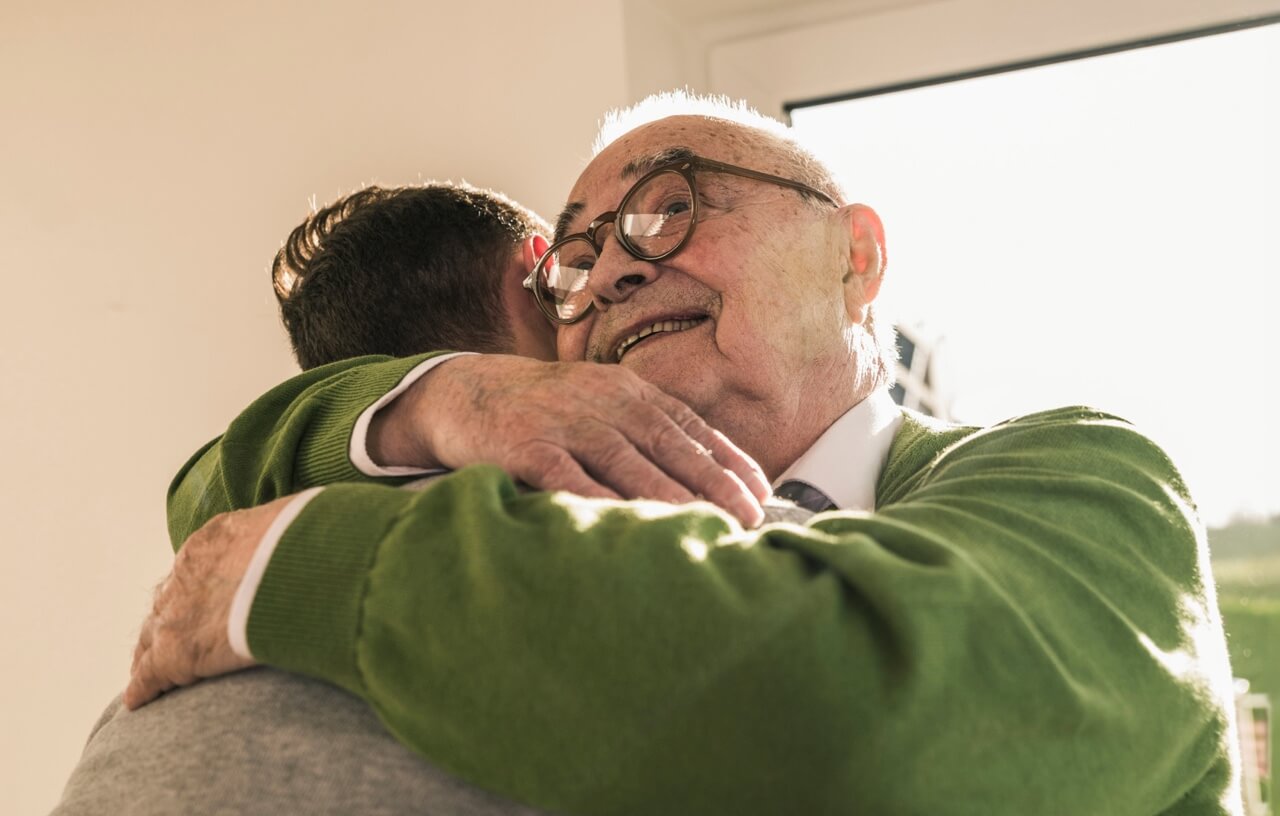In the cab of his truck, Scott’s mind swirled as he frantically Googled CIDP for the first time. Scrolling through the definitions and symptoms of this rare condition, he felt frightened and overwhelmed. He had just left an appointment with the third neurologist he had seen in 2 years, who gave him a life-changing diagnosis and sent him out the door. Tears streamed down Scott’s face as the reality of living with a chronic illness set in, knowing his life was going to change.
Scott, a dancer and choreographer, first started to notice symptoms while auditioning for a show in 2013. He was no stranger to hard work, but the tingling in his feet was something he had never felt before. He thought to himself, “Oh, I just put too much pressure on myself. This will go away.”
Over the course of the show, Scott was on his feet a lot—dancing, directing, and choreographing—and the tingling remained. Concerned about complications from a previous hip replacement surgery, Scott reached out to his surgeon, who assured him that the tingling was not related to his hip procedure and suggested that he see a neurologist.
Scott explained that he saw 2 different neurologists who weren’t familiar with CIDP at all. “CIDP is so rare that it wasn’t even on their radar.” Although his third neurologist was able to diagnose him with CIDP, he did not provide any support, so Scott sought better care.
Once Scott got through the shock of his initial research into CIDP, Scott and his husband, Abel, set out to find out everything they could about CIDP.
Fortunately, research led Scott to the GBS | CIDP Foundation International, where he learned of a CIDP Center of Excellence near his home. He now has a team of healthcare professionals to guide him. “I have had a team of 5 people taking care of me for the last 8 years. And it’s wonderful,” he said. CIDP Centers of Excellence are great sources for education and support.
I said to myself, you can’t hide from it. You have to make it part of yourself.
You have to be really detailed with your caregiver, otherwise they can’t help you.
Whatever your passion is—you may not be able to do that. But there is a way to recreate yourself.
Scott hopes to return to theater as a director and producer in the future, but he also realized that he needs another outlet to express himself. “Every day is your new normal. It’s like a merry-go-round that’s going really, really fast, and you cannot get off. I feel I’ve had to reinvent myself,” he said.
In this struggle, he got a flash of inspiration, “I don't know if it was God or the universe or something bashed me on the head and said, ‘You're going to be a writer.’” He realized that theater is just one way to tell stories, through dancing and acting. Writing was another opportunity to capture the ideas and stories that he has to share.
“I’ve wanted to be a writer all my life! I have so many ideas written down on paper and notebooks.” He did some initial studies into writing and read some academic books before putting pen to paper and is now well on his way.
For those in the CIDP community looking for new passions, Scott offered some advice, “Whatever your passion is—you may not be able to do that. But there is a way to recreate yourself. I’ve recreated things about myself, and I’m really passionate about them.”













